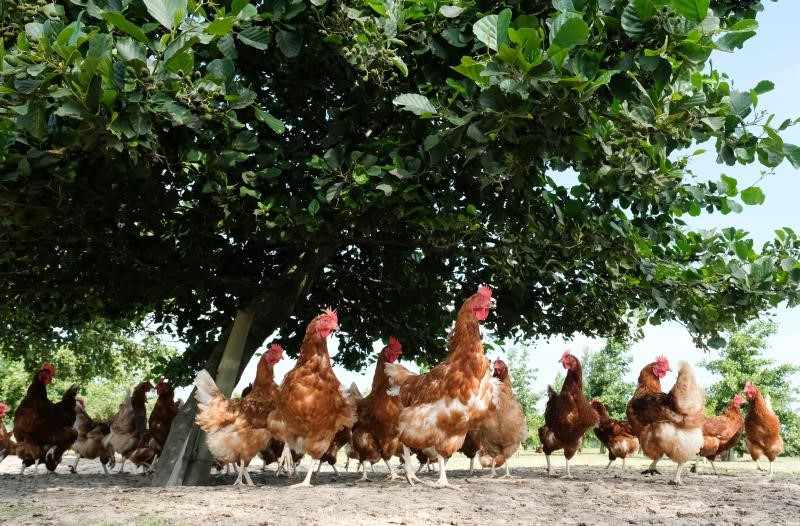Farmland Trees for Clean Air
Everyone is talking about tree planting but how can trees fit in on your farm and work for your farm business? Hear how trees can benefit your farm business and control ammonia emissions in this upcoming webinar with evidence from David Brass, a Cumbrian poultry farmer.
- David Brass - David Brass, CEO of The Lakes Free Range Egg Company, is a recognised advocate of tree planting as an active part of farm management. Having started tree planting trial schemes on his family farm in 1997, he has come to appreciate the commercial and welfare benefits that trees deliver. At least 20 per cent of all The Lakes Free Range Egg Company ranging areas are now tree-planted.
- Paul Arkle - Paul has a strong background in farming and over 18 years’ experience as FWAG Team Leader in Cumbria and the Northwest as well as being a coordinator for the CFE. Paul provides management advice on a wide range of lowland and upland farmland habitats, nutrient management and resource protection, cross compliance and grant schemes.
- Philippa Mansfield - Philippa is an agricultural lead focused on air quality in the Catchment Sensitive Farming (CSF) partnership. CSF offers advice to farmers in priority areas in England on farm practices and infrastructure improvements to reduce air and water pollution from farming. Philippa provides training and technical support to CSF on air quality and water quality and is involved in developing technical guidance on grants for Countryside Stewardship and for the future environmental land management schemes.
- Emma Bird - Emma works as a Woodland Trust grants and advice advisor. In this webinar Emma will be addressing how to make best use of the Woodland Trust grants options available and advice on tree planting.
